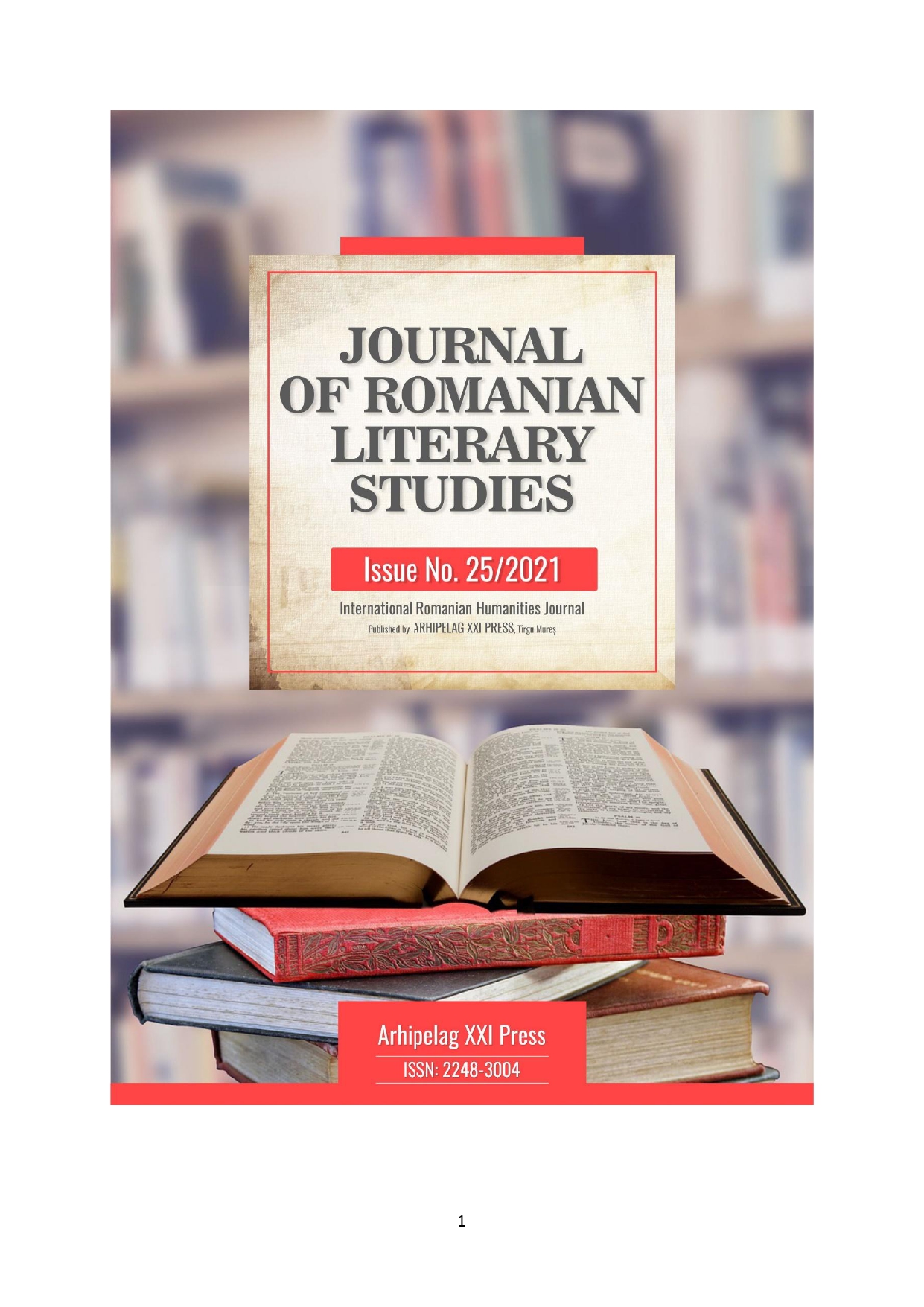INTEGRATIVE THERAPEUTIC STRATEGIES IN CHILDREN WITH AUTISM SPECTRUM DISORDERS
INTEGRATIVE THERAPEUTIC STRATEGIES IN CHILDREN WITH AUTISM SPECTRUM DISORDERS
Author(s): Teodor-Sorin CumpănășoiuSubject(s): Educational Psychology, Behaviorism, History and theory of sociology, Applied Sociology, Inclusive Education / Inclusion
Published by: Editura Arhipelag XXI
Keywords: autism; disorder; child; theory; behavior;
Summary/Abstract: Regarding the recovery of the autistic child, there are various opinions, starting with therapies by drug administration, antiallergic treatments, game therapy, occupational therapy, kineto-therapy, behavioral therapy, sensory integration and others. The goal of any recovery intervention, expressed globally, is to equip the autistic child with those skills that will help him develop, reach the highest level of independence according to his skills, and thus acquire a better quality of life. In the didactic activity of the “small steps”, the teaching / recovery / learning is done through distinct exercises that must be mastered by the child and the level of learning is his answer to the proposed and completed program. Of course, the duration for acquiring information differs from one autistic child to another depending on many factors that shape his or her learning competence profile. This strategy has the advantage of forcing the autistic child to actively participate in the learning / recovery process; it is known that they do not have the capacity to passively store information and they almost completely lack the capacity for logical analysis and chaining of the data they hold. That is why sequential algorithmic learning is more productive in their case.
Journal: Journal of Romanian Literary Studies
- Issue Year: 2021
- Issue No: 25
- Page Range: 1147-1164
- Page Count: 18
- Language: Romanian

